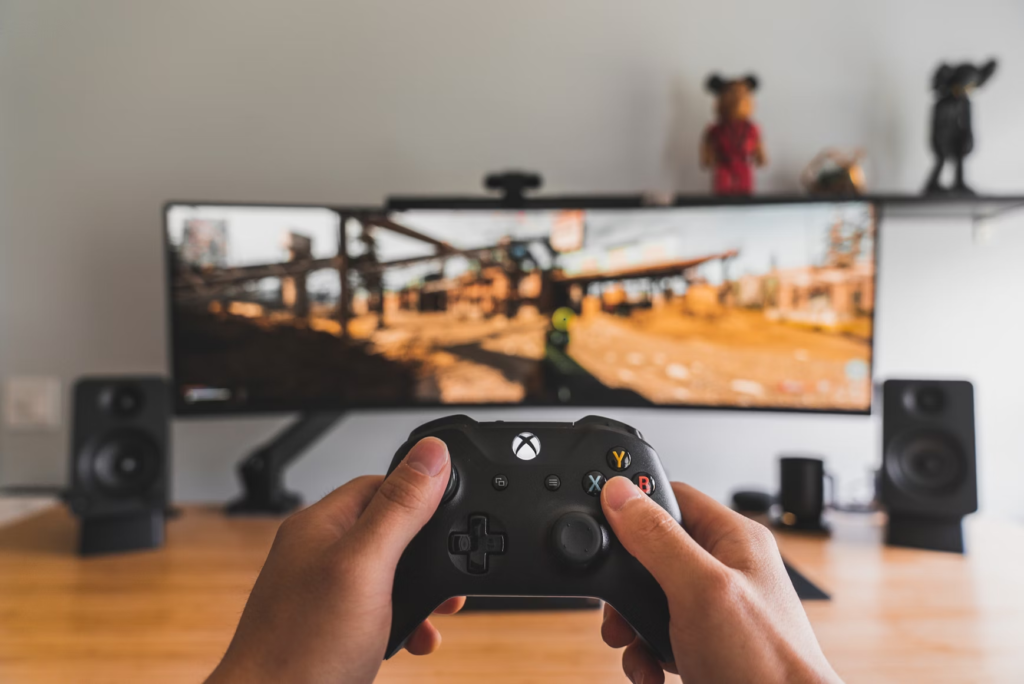
If AI Is Better Than Humans At Video Games, Why Don’t More Titles Have Great AI?
Non-playable characters (NPCs) are so bad, they’ve sparked a bunch of internet memes. You go up to these objects in the game world and no matter what you do or say, they respond in the same way. It’s almost comical.
Some games tried to improve on this by getting their NPCs to respond to players depending on the number of consecutive interactions. But these also feel forced and weird and don’t really help with immersion.
The excuse in the past was the lack of AI. The technology to have free-flowing conversations with AIs simply didn’t exist before. Developers had to script everything from scratch.
But of course, that’s now changing. You don’t need a team of writers when an AI that’s been properly briefed on the character role can have real conversations with players, regardless of inputs.
Naturally, this fact raises a question: if AI is so good, why does game AI still suck? Why do players have to put up with NPCs?
It’s an interesting conundrum. While ChatGPT is doing the impossible, in-game conversations are just the same as they were in the 1990s.
What’s more, gameplay AIs aren’t much better. Intelligent human players can almost always find exploits that let them hack the game world and beat computer players every time. AI in games never seems to learn and always does stupid stuff.
This fact is even stranger when you consider it in the context of the games that AI can play. For example, artificial intelligence is now so good at chess that no human will probably win a game against it again. The same is true of Go, the ancient Chinese board game, and Space Invaders, which Deep Mind mastered a few years ago. Machines displayed superhuman abilities to win through simple repetitive training strategies.
So, what’s getting in the way? Why can’t AI in video games be better?
The Cost
The first issue is the cost and time of implementing AI in games. While these tools function well as independent programs, shoe-horning them into a game environment is challenging for coders and developers.
For many games, the investment in the latest AIs isn’t worth it. Most players don’t want to have in-depth free-flowing chats with in-game NPCs. Instead, they want to get on with the action. AI might not add much to the story, level design, or graphics.
The Complexity Issue
AIs also run the risk of increasing the difficulty exponentially, preventing the game from being fun. For example, shooter AIs could one-shot players every time better than the most seasoned professionals, preventing them from ever getting a frag or progressing to the next chapter.
RPG enemies could also do the same. Games like Dark Souls are already hard enough. Adding an AI to the mix to increase difficulty could make them truly impossible because the system would quickly discover all the human exploits.
The Enjoyment Problem
Finally, related to this you have the enjoyment issue. Players don’t want to feel like they are playing in a clinical environment. Games shouldn’t follow predictable patterns, but they should be learnable. AI could prevent this.









Thank you for sharing